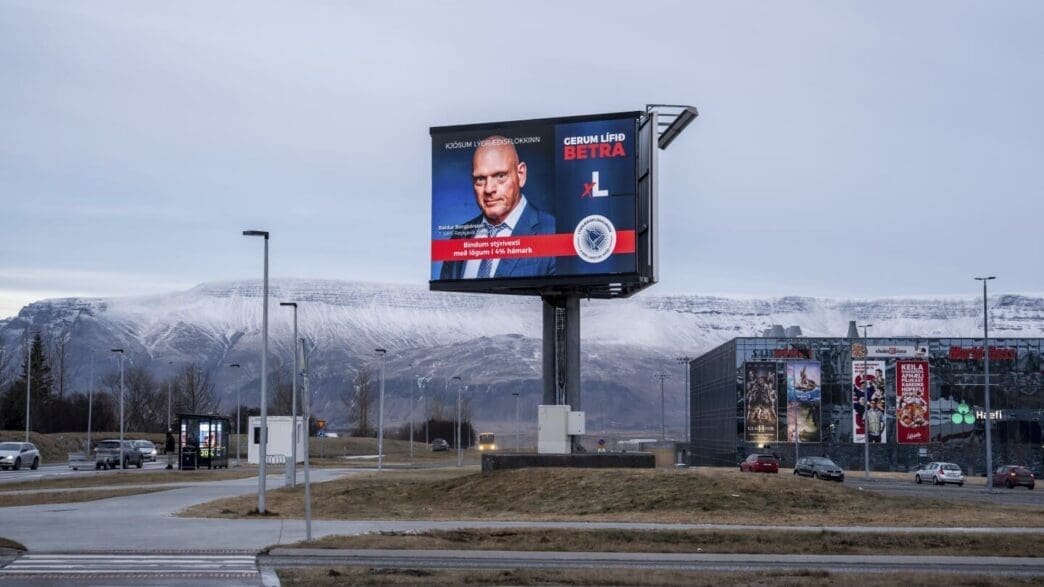Iceland is at a significant crossroads as citizens prepare to elect a new parliament following political divisions over critical issues like immigration, energy policy, and economic stability. Prime Minister Bjarni Benediktsson’s decision to dissolve his coalition government earlier than planned has set the stage for this pivotal election, marking Iceland’s sixth since its 2008 economic collapse.
The backdrop to this election is complex. Opinion polls currently indicate potential major shifts in the political landscape, with diminishing support for the current government coalition composed of the Independence Party, Progressive Party, and Left-Green Movement. This political instability is not new to Iceland, a nation taking pride in its legacy as a democratic pioneer with one of the world’s oldest parliaments, the Althingi, established by Norse settlers in 930.
Voters will decide on 63 parliamentary seats based on both regional constituencies and proportional representation, with a party requiring a minimum of 5% of the national vote to secure a seat. Historically, voter turnout in Iceland is notably high, with the last election seeing 80% participation. The current political climate demands attention as ten parties vie for representation, two more than in the previous parliament.
Several socio-economic challenges are at the forefront of voters’ minds. Iceland, like many nations, is grappling with inflation, which soared to 10.2% last year, before slightly receding to 5.1%. This inflationary pressure, attributed partly to fallout from the COVID-19 pandemic and geopolitical tensions, remains high compared to neighboring economic zones such as the U.S. and the European Union.
Additionally, immigration has become a charged topic. Iceland’s homogeneous population is adjusting to rising numbers of asylum seekers, with annual immigration figures surpassing 4,000 for the last three years—far exceeding previous patterns. This shift has intensified discussions on immigration policy within the small nation.
Volcanic activity presents another layer of complexity, with continued eruptions in the southwest displacing thousands and straining public resources further. This natural phenomenon punctuates the critical need for effective government response and highlights long-standing issues within Iceland’s housing market, exacerbated by a booming tourism industry, which squeezes locals out of affordable housing options.
Political figures such as Vilhjálmur Bjarnson, a former parliament member, voice concerns about the lack of strong leadership among parties. The political environment since the 2008 financial collapse has remained fragmented, giving rise to new parties that challenge old political norms, like the Left-Green Alliance and the Pirate Party, focused on environmental issues and direct democracy, respectively.
Eva H. Önnudóttir, a political science professor, underscores the lasting impact of the financial crisis on Iceland’s politics, noting that traditional parties face an evolving landscape they can no longer navigate as before.”The housing issue is becoming a big issue in Iceland,” she states, pointing to a critical challenge that resonates with Icelanders trying to secure stable housing.
As Iceland approaches this election, the stakes are high for voters and politicians alike. The election’s outcome will hinge on how effectively new and old parties address pressing challenges, from economic inflation to immigration and housing concerns. Icelanders, deeply invested in their democratic process, are voting not only for immediate solutions but also for the long-term stability of their nation.
Source: APNews








